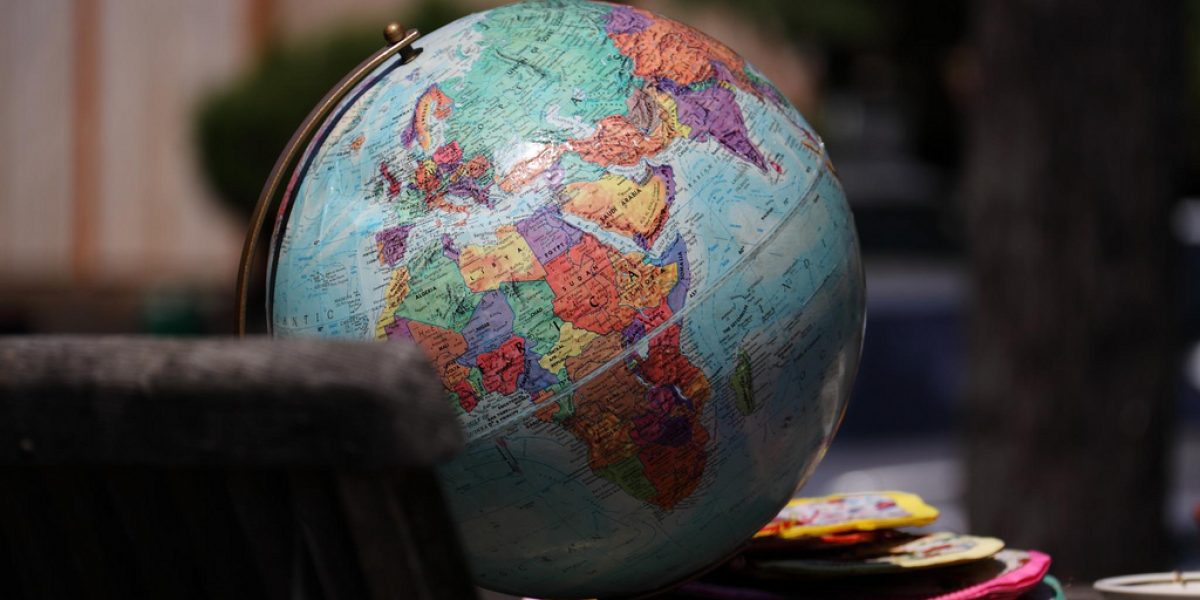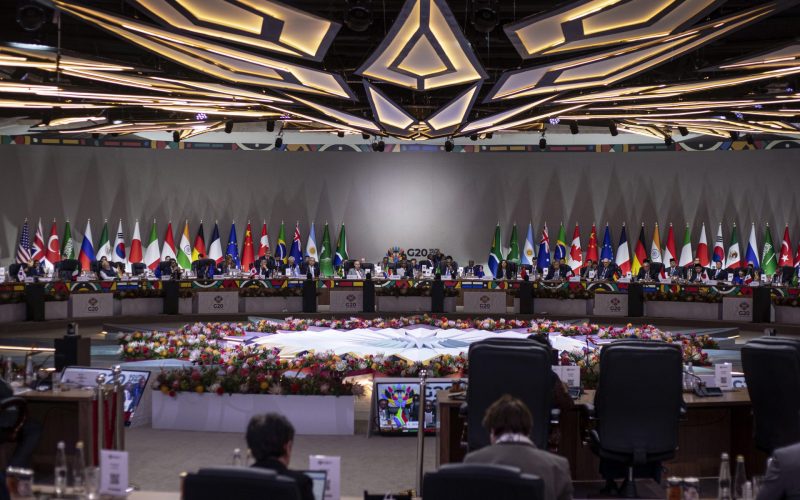What we have taken to be the inevitable course of events can be reversed or take another tack in a matter of hours and what commentators write is overtaken before the ink is dry.
With all their capacity for information gathering and interpretation, major countries have also not been successful in predicting these developments. There has been some embarrassing scurrying to catch up, only for them to discover that matters have taken yet another course. Spin doctors and security analysts are having a hard time.
The past week has seen developments in the region that has held us all in thrall replaced by a natural disaster in Japan on a scale that no-one could predict. The human tragedy caused by the earthquake off the east coast of Japan, followed by a tsunami of almost unimaginable size, inexorably drew our attention to the other side of the world.
This became more so as the extent of the damage to several of Japan’s nuclear power stations became known. We were at first assured that this was no Chernobyl, because of higher quality safety measures in the reactors.
Yet almost immediately afterwards the newspaper headlines screamed that nuclear engineers were contemplating the Chernobyl solution: encasing the reactors in concrete to prevent the escape of deadly radioactive material.
But attention was soon distracted by a new turn of events in Libya. This, too, seemed to change by the hour. While at one point, forces rebelling against Muammar Gaddafi appeared to be gaining the upper hand, the tide turned when pro-Gaddafi forces started to use aircraft to bomb civilians and rebels, and heavy armour to attack cities held by the rebels.
At first, other powers were reluctant to become involved. Debate in the US revolved around the wisdom of becoming embroiled in another war in a Muslim country, while they were still trapped in Iraq and Afghanistan.
Yet within days the UN Security Council had adopted a resolution giving legitimate cover to operations that would limit the ability of the Libyan authorities to attack their own citizens.
With almost unheard of speed, France and Britain set about imposing a no-fly zone over Libya. These actions were supported by the Arab League in an almost inexplicable attitude to one of their own, at the same time as several of their number were trying to deal in different ways with popular uprisings.
None of the conventional wisdom about how states act when faced with people venting their anger with their rulers seems to apply any longer.
The world has had a graphic illustration of what globalisation means. In the former Soviet state of Azerbaijan, the security authorities tried to deal with the ephemeral activities of a threatened Facebook revolution. Not able to identify who was responsible for calls for demonstrations at the University of Baku on the so-called Great Day of the People, they came close to exhausting, in more than one sense of the word, the capacity of their security forces to deal with an event that never materialised – a very disturbing turn of events for authoritarian rulers.
Not only is security threatened by these unexpected events but carefully laid plans to deal with environmental issues are being put in jeopardy.
As South Africa readies itself to host the 17th Conference of the Parties of the UN Framework Convention on Climate Change (COP 17) in Durban in December to seek international agreement on measures to deal with climate change and the role of carbon emissions as its cause.
One of the methods most widely favoured as a solution, is nuclear power but this has come under public suspicion after the disasters in Japan. Authorities in South Africa scurried to reassure the public, with justification, that it could not happen here. Africa does not lie in an area similar to the unstable ring of fire in the Pacific.
But these natural disasters could not have come at a more inconvenient time. Just last week the South African authorities released a 30-year plan for building nuclear power plants to reduce the country’s dependence on coal-fired power stations that create billowing air pollution in the Witbank and Middelburg areas of Mpumalanga. A public relations headache is added to the funding and technical problems of implementing the plan.
South Africa’s diplomacy in Africa is also affected. Entering its second two-year term in the UN Security Council, it is being confronted by uncomfortable issues in African states.
Gaddafi has reputedly been generous in his financial support of the ruling party, as he has to other African states. But now South Africa feels obliged to support a decision to deal with Gaddafi’s barbarity.
It is perhaps wise, therefore, that President Zuma has decided not to become personally involved in the issue. He has deputised the task of dealing with the Libyan to ministers while he takes part in domestic events.
Apart from being drawn into the intractable problems of Libya, it is perhaps wise for him to stay at home, as commentators are drawing comparisons between his travels abroad and the number of journeys his predecessor Thabo Mbeki made. A quick tally shows that Zuma has travelled abroad more than Mbeki did in the first two years of his presidency.
It is because of this interconnected world that it is no longer possible to ignore what is happening in Libya or what Japan does to deal with its nuclear problem. Events far removed and seemingly unrelated can have dramatic and unpredictable effects half a world away, leaving governments perplexed in spite of their vast information gathering resources and capacity to analyse and project.
We have to get used to that and factor those effects into our planning, if we only knew what would happen next.








